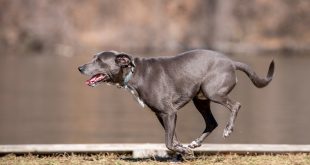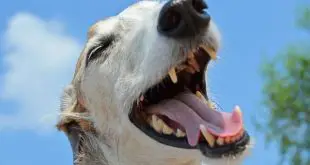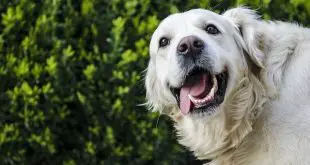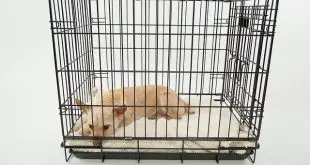This post may contain affiliate links. Please read our disclosure.
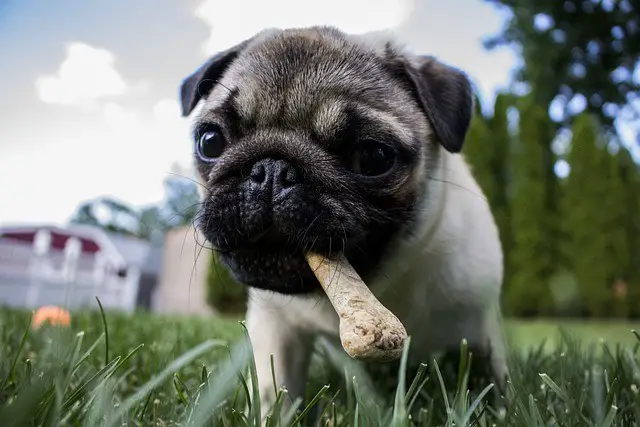
Article Contents
My Dog Ate Rib Bones What Should I Do?
It’s a common problem for pet owners – your pup found a rib bone and decided to make it disappear. The good news is that most dogs can eat cooked rib bones with no ill effects, as long as they are cooked bones (raw bones can splinter and cause serious damage).
However, there are certain precautions you should take if your dog was found eating rib bones or has eaten a rib bone. Let’s look at some of the things you should do in this situation.
The most important thing to do if your dog has eaten a rib bone is to monitor their behavior closely. Look out for any signs of distress such as vomiting, nausea, loss of appetite, or sudden changes in energy levels. If any of these symptoms appear, then it’s important to contact your vet immediately so they can assess the situation and determine whether any medical treatment is needed.
Rib bones are dangerous for dogs and can cause choking, intestinal blockages, and other serious health problems
While enjoying a barbeque or family dinner, it can be tempting to share leftovers with your four-legged friend as dogs eat rib bones very enjoyably. Unfortunately, even if they beg for them, rib bones should never be given to dogs as they can cause serious health problems.
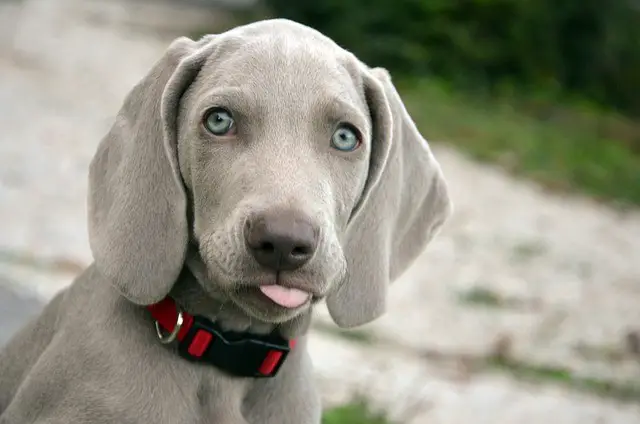
Rib bones are small and easily eaten, so they have the potential to create choking hazards or blockages in their intestine when pieces get stuck along their digestive tract. If a dog swallowed rib bone it can be very dangerous for his health.
If ingested, dogs may experience abdominal pain, vomiting and in some cases life threatening complications that may require emergency veterinary care. To avoid any serious problems for your pup, it is best to avoid giving dogs rib bones altogether and instead opt for healthier treats like fresh fruit and vegetables.
It’s also important to keep an eye on your dog’s stool over the next few days after they ate a rib bone. Small pieces of bone may pass through without causing any harm, but sharp fragments can cause intestinal blockages or perforations which will require urgent medical attention. Check your dog’s stool frequently and if you see anything unusual or concerning then take them to the vet right away.
If Your Dog Eats a Rib Bone, Call Your Veterinarian Immediately
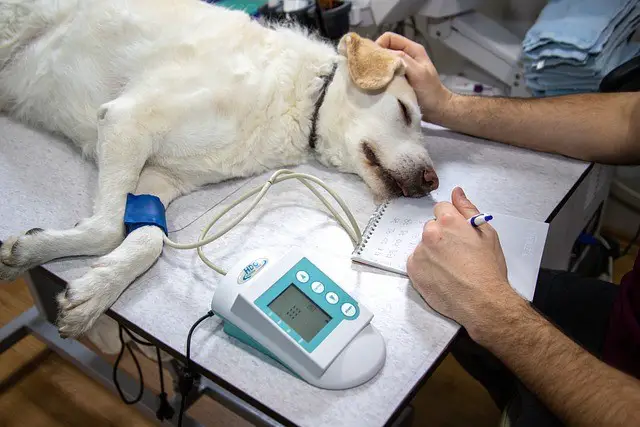
If your beloved pooch has decided to snack on a rib bone usually pork rib bones as they love to eat pork bones, it is essential to contact your veterinarian right away. Rib bones can be difficult for dogs to digest, potentially leading to major gastrointestinal issues including painful blockages that require medical attention.
In some cases, the bone shards may even puncture the intestines and cause life-threatening bacterial infections. By calling your vet as soon as possible, you could be saving your furry friend from major health problems down the road.
If the bone is small enough to pass through your dog’s digestive system, it will likely come out in their stool within a few days
Bones can often be a delicious snack for dogs, but their small size can make them difficult to digest. If your pup manages to swallow a bone that is small enough to fit through dog’s stomach and digestive system, it’s likely to pass out in their stool within the next few days. If your canine companion seems uncomfortable after eating a bone, talk to your vet for advice on what to do. It’s important to remember that not all bones are safe for doggies, so check with your vet before offering any as treats.
If the bone is too large to pass through your dog’s digestive system, surgery may be required to remove it
If a bone is lodged in your pet’s digestive system, it can be an incredibly dangerous situation. In order to properly remove the bone when it is too large to pass naturally, surgery may be required. While this can seem like a daunting prospect, the procedure is generally quite successful if completed by an experienced veterinarian. Your dog may need to stay with your vet for a few days after surgery for monitoring and observation; however, the vast majority of dogs make a full recovery and are soon as happy as ever.
Prevention Is Always Better Than Treatment, so Keep Rib Bones Away From Your Dog
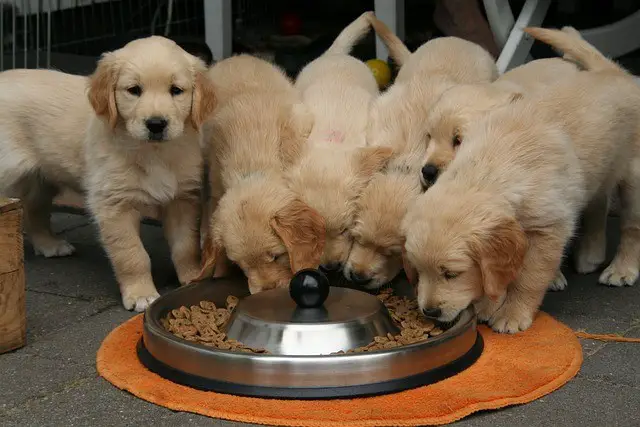
It can be tempting to give our canine companions treats, especially the indulgent ones that include meaty rib bones. However, it is important to resist this urge and remember that prevention is always better than treatment. Rib bones can cause major health risks to your furry friend—splintering into sharp shards that can lead to choking or internal damage of the intestines and stomach. The best thing we can do for our pet pooches is keep rib bones away from them and instead provide other safe treats like kibble or low sodium treats. Not only will these treats bring a smile to their faces, but they will also protect their wellbeing and contribute toward healthier living habits!
Finally, it’s important that you remove all potential sources of danger from your home so that your pup isn’t tempted by other bones lying around. Keep all cooked meat products away from their reach and ensure they have plenty of chew toys available so they don’t turn to scavenging for food again in the future.
Conclusion:
In conclusion, although most dogs can eat rib bones with no ill effects, it is still important to monitor their behavior closely after consumption and seek medical advice if necessary. It is also important to remove all potential sources of danger from your home so that your pup doesn’t get into any more trouble! With these tips in mind, you can rest assured knowing that both you and your pup will be safe and sound should something like this happen again in the future!
 Petnile Comprehensive Pet Care Guides
Petnile Comprehensive Pet Care Guides
